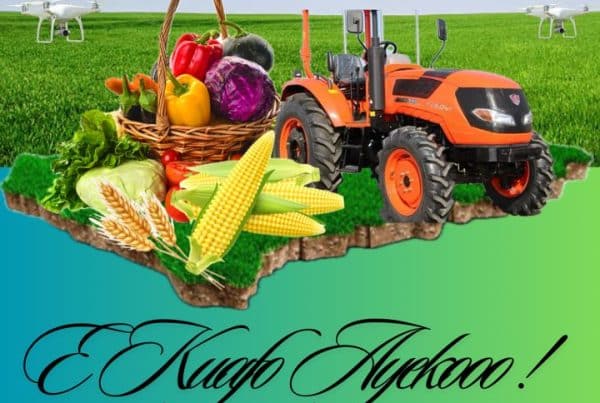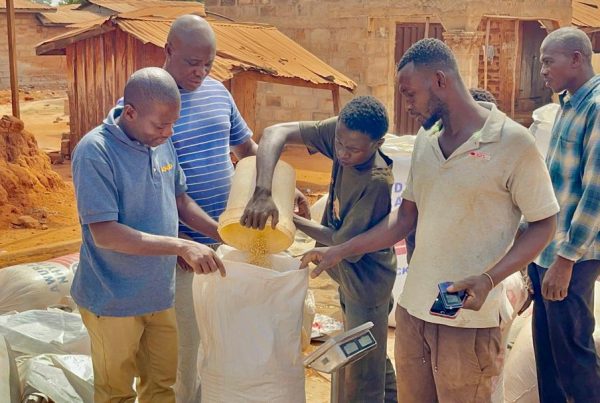A guest post by Elias Chandi

Since the inception of Esoko, our main focus has been on Africa. We have worked tirelessly to offer timely and relevant solutions to the very rural poor either directly or through our partners. Our vision nonetheless has always been to have a global impact and every year, we add new resellers and launch in new countries. This past year has been particularly special for us because we have burst our banks and we now have our first reseller outside of Africa.
When entrepreneurs Nicolas and Jose attended the certification this year, it was clear that they were passionate about the product and the sessions served to reinforce their belief in Esoko. These two are young entrepreneurs and social investors who not only want to make money, but have an impact in their communities. Their goals are in line with Esoko. It was a natural fit.
While Mexico is far more developed than most African countries, it still has many rural poor communities. Agriculture forms an important pillar in the Mexican economy and the mobile network penetration is quite high. As an indication of the opportunity in Mexico, Jose and Nicholas convinced CIMMYT to use Esoko within a few weeks after the certification. This was not only a welcome and pleasant surprise, it also served to reinforce our belief in Esoko and the versatility of the product we have and how clients in many different spheres can find it useful.
CIMMYT is using Esoko to send out agronomic information to clients in different regions. They have used the people app to group clients by region and by donor. They are also happy to be able to pull out reports on the messages sent, which shows the details of the client such as name, MNO and commodities, among other data.
This has not come without its share of challenges. The first challenge has been the language. This is our first Spanish-speaking client and we have had to translate the entire platform into Spanish. There has also been limitation in correctly profiling the location of the client. The administrative divisions of Mexico have not been reflected on the system yet. There has also been a challenge in report generation, where some of the requisite reports are far more complex than what our system can support. We have had to generate them manually from the back-end. The Mexican Ministry of Agriculture also collects market prices for major commodities across all markets. This means that though price collection has been our principle service, it will not be the case in Mexico. We aim to integrate with the government system through an API and have the prices directly on our platform.
The team in Mexico is actively pursuing financing to grow the business, and is aggressively pitching agribusiness and other customers. We can’t wait to see what they are able to accomplish in 2016!


